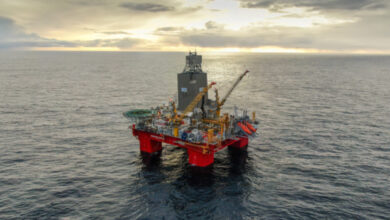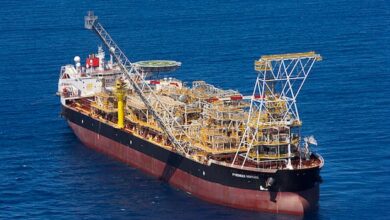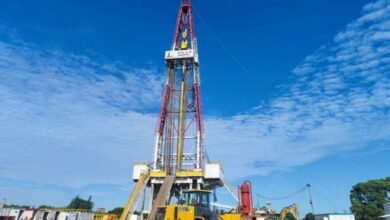IADC ART subcommittees call for more participants to improve rig technologies
By Joanne Liou, editorial coordinator

Subcommittees of the IADC Advanced Rig Technology (ART) Committee echoed words of encouragement for more industry participation in its pursuit to promote technological advances to improve drilling safety and efficiency. The committee, chaired by David Reid, National Oilwell Varco VP global corporate accounts, marked the beginning of the IADC Advanced Rig Technology Conference & Exhibition on 20 September in Houston, with updates on the groups’ latest projects.
In the past three years, the Drilling Control Systems (DCS) Subcommittee has studied motion controls and communication protocols. Under the leadership of vice chairman Terry Loftis, engineering manager for Transocean, the subcommittee is carrying the momentum into the group’s current goal: to improve drilling controls through integration of downhole systems. This subject came out of a question-and-answer session at a previous ART conference, where the subcommittee was “quite surprised that this was the most important issue percentage wise … so our particular group took that on as a task,” Mr Loftis said.

In conjunction with the SPE Drilling Systems Automation Technical Section (DSATS), the DCS Subcommittee is exploring ways in which the industry can integrate surface control systems with downhole systems and plans to eventually develop a guideline for integrated applications.
A task force divided into four specialties – transfer of tool ownership, user interface standardization, well state/phase definition and cascade effect of control – is made up of experts from operators, drilling contractors, service companies, equipment manufacturers and third-party consultants/contractors. This is where Mr Loftis called for more hands on deck. “We need additional participation,” he stated. “We would like to see across-the-board expertise from all areas of our industry working with us on the particular tasks.” Interested parties can email Mr Loftis.
Robert Urbanowski, manager of US operations engineering for Precision Drilling Oilfield Services Corp and vice chairman of the Reliability and Guidelines Subcommittee, continues to welcome contributions to the technology value guide. Pictures or links to other resources and guides can be sent to Mr Urbanowski or IADC group vice president/publisher Mike Killalea. Since launching the guide in 2010, the subcommittee maintains it through industry contributions while channeling its focus to grasp another topic of interest: equipment downtime.

“Everybody seems to know what their downtime is on their rigs, but I struggle to find a basic industry definition for downtime,” Mr Urbanowski said. “When it comes to safety, everybody seems to know what their company stats are and what they’re doing relative to the published information, but when it comes to downtime, there’s no publication like that.”
For the Future Technology Subcommittee, headed by Dustin Torkay, project engineer at Archer, the past serves as an invaluable resource. For 2012, the subcommittee plans to develop a series of learnings based on past experiences – “what we have done well and learning from our mistakes and successes” – and will continue to host workshops, including one on rig condition monitoring planned for January 2012, Mr Torkay said.

Beyond North America, Mr Torkay hopes to take more workshops to Europe. “We want to get more involvement from the European sector, and I think there’s a lot of benefit in that,” he said. “We host these workshops (in the US); they’re popular, cheap and easy to get to, but it kind of excludes everyone else that’s not geographically within a few miles from getting involved.”




